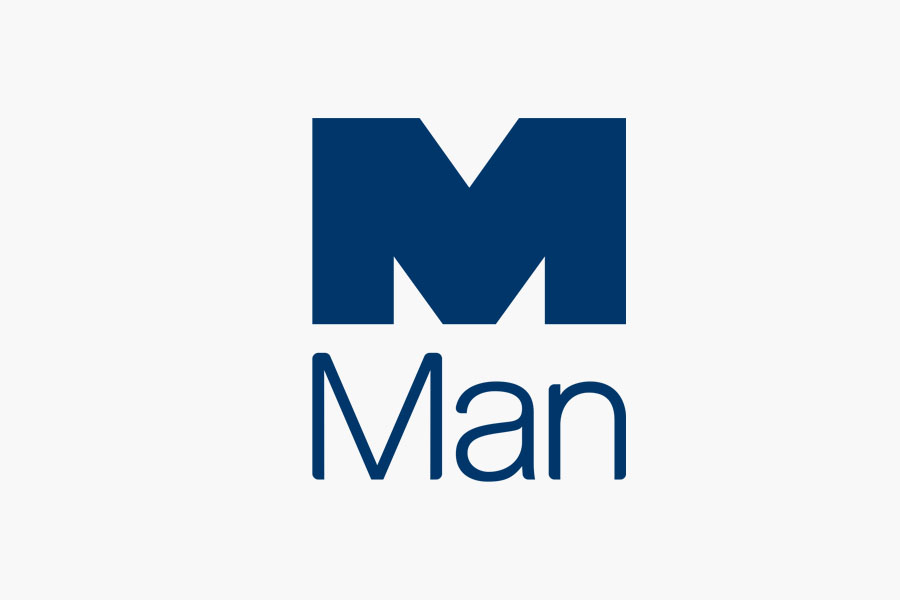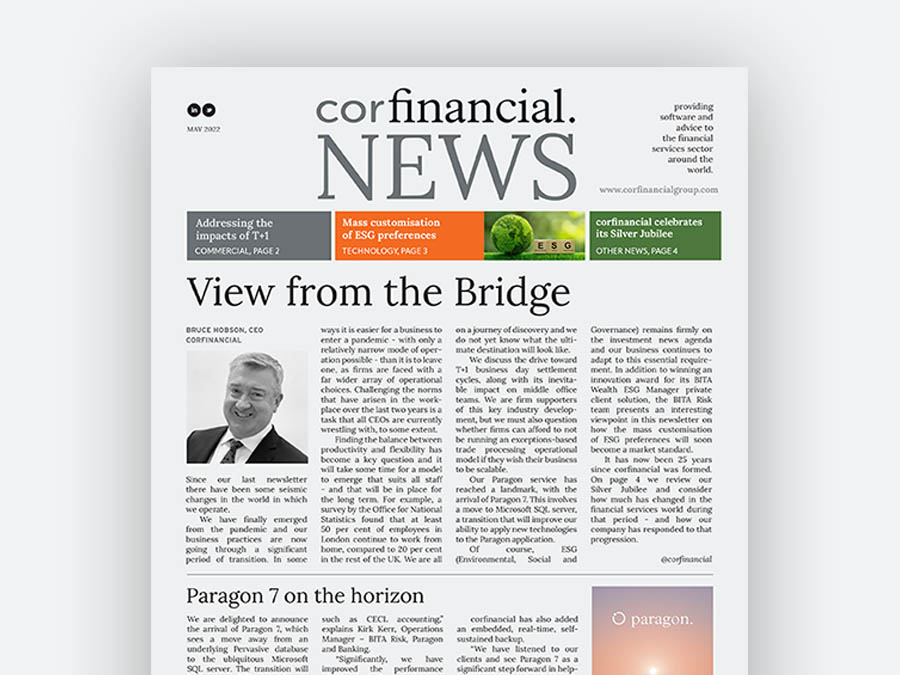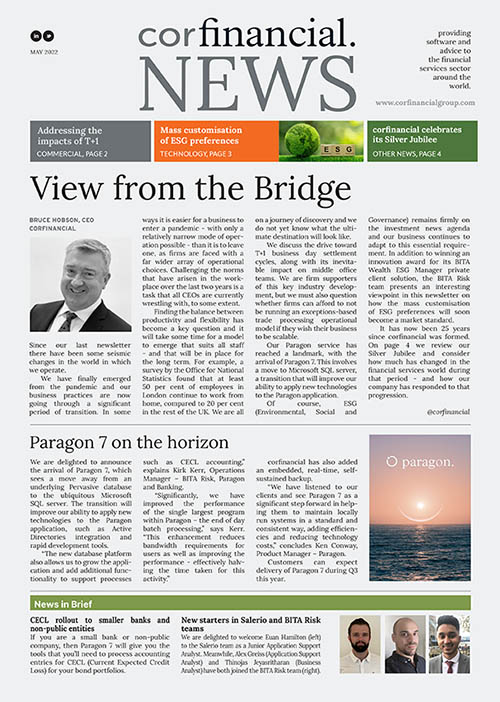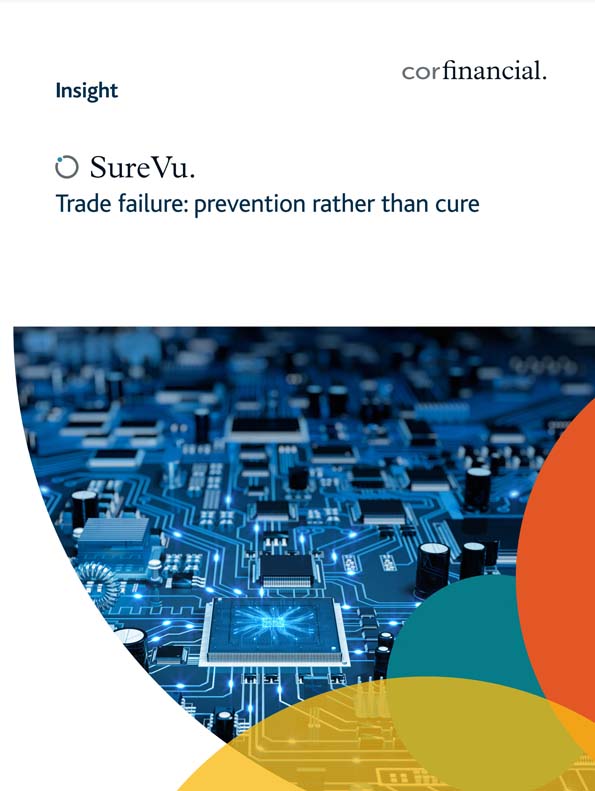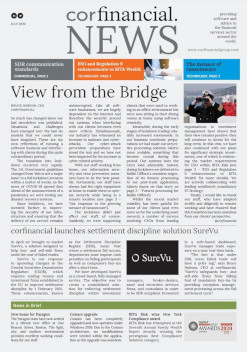
The European Securities and Markets Authority (ESMA) proposes revisions to the penalty rate processes which could see fees skyrocket, as outlined in the ESMA Consultation Paper – Technical Advice on CSDR Penalty Mechanism – 15 December 2023.
With T+1 looming, the financial landscape stands on the precipice of a fundamental shift. While ESMA’s intentions aim to foster efficiency and accountability, the proposed changes pose a daunting challenge to affected parties, sparking debates over technical feasibility and the need for broader structural reforms.
The ESMA proposals include one option whereby penalty rates increase progressively up to six business days (after which they remain constant) based on the existing types of fails, as well as introducing a new type of settlement fail for lack of ETFs.
The following table sets out the proposal for the progressive penalty rates, which could potentially see a firm having to pay up to 25 times the current penalty rate if trades remain unsettled:
A second option suggests adjusting the charges for failing to deliver specific asset classes based on their liquidity profiles.
Both options would result in substantially higher settlement fees and require firms to implement operational changes and processes to avoid failed trades from occurring rather than simply managing them.
In a recent article, Theo Normanton of WatersTechnology reported that penalty fees are set to skyrocket under ESMA’s alternative proposals, with expert opinions projecting an annual increase from €1.7 Billion to €10.2 Billion in generated CSD fees under option one and could reach up to €23 billion (US$24.9 billion) a year under option two.
If either of these options come into force, they would necessitate urgent action to implement a robust failed trade management solution. This solution must not only address the immediate challenge of mitigating penalty fees but also lay the foundation for more resilient and efficient settlement processes.
In a T+1 world, prioritising “Failed Trade Avoidance” over “Failed Trade Management” is the optimal approach.
SureVu® from corfinancial® stands out as the definitive solution for buy-side firms, empowering them to proactively prevent trade failures rather than just managing them after the event. With SureVu, say goodbye to the hassles of failed trades and embrace a future of seamless transactions and unparalleled efficiency.
Management Information Dashboard: SureVu provides asset managers with an Early Warning System highlighting trade statuses of concern in a pre-settlement window before settlement day, enabling prompt resolution of any issues and preventing potential failures.
Relying on your Data: SureVu employs the efficient method of leveraging an asset manager’s local trade records to monitor trade statuses, ensuring a seamless process based on 100% of executed trades. In contrast, some competitor solutions rely on third-party records creating potential reliability and timeliness issues, hindering effective trade management.
Real-Time Updates: SureVu distinguishes itself by providing real-time updates sourced directly from custodian banks and prime brokers through SWIFT messages. This guarantees access to timely and precise information, thereby improving capacity to meet regulatory obligations and prepare for T+1. In cases where custodians are unable to furnish information via SWIFT, users can manage status updates within SureVu, ensuring a thorough audit record for all executed trades.
Compliance Assurance: industry-based compliance is non-negotiable. SureVu is designed with the Settlement Discipline Regime as its core, ensuring firms adhere to the rules.
Conclusion
As ESMA’s proposed penalties loom large, the adoption of SureVu emerges as a critical imperative for market participants. By leveraging its advanced features and real-time capabilities, asset managers can navigate the complexities of trade settlement failures with confidence, mitigating risks and ensuring compliance in an ever-evolving regulatory landscape.





